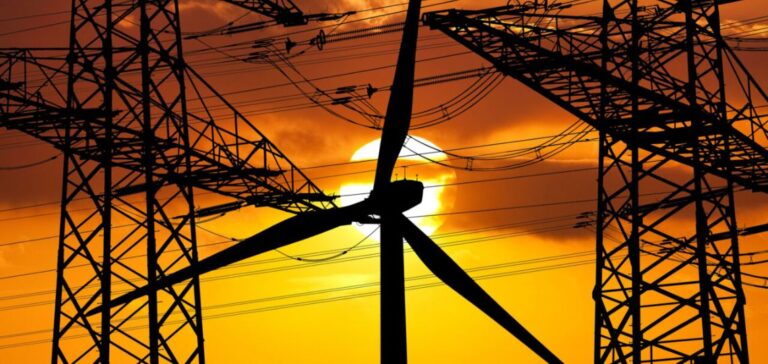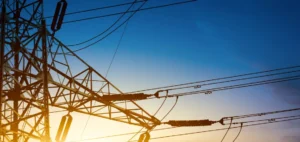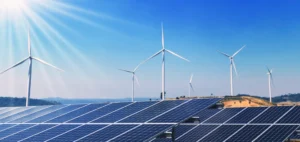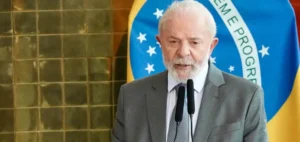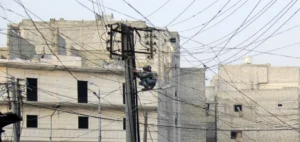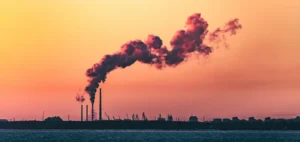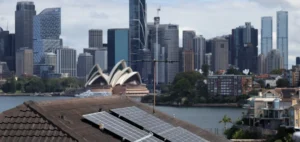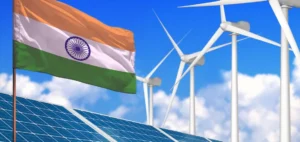Despite substantial energy potential, the African continent faces increasing financial constraints. Payments related to external debt service reached their highest level in two decades in 2023, accounting for 14.8% of export revenues, compared to 4.5% in 2011. This increase primarily results from rising interest rates and a growing reliance on commercial loans rather than concessional funding from traditional lenders. Currently, 751 million people, representing 57% of Africa’s population, live in countries where debt repayments exceed the combined budgets allocated to health and education.
Prohibitive Financing Costs for Africa
Credit costs are particularly high for African countries compared to other developing regions. In 2023, the average interest rate on African bonds stood at 9.8%, compared to 6.8% in Latin America and 5.3% in Asia and Oceania. This disparity significantly burdens African governments, forcing them to allocate an average of 16.7% of their tax revenues to interest payments on public debt. The extreme case of Egypt, where 70% of state revenues go to interest repayments, underscores the urgency of Africa’s financial situation.
Debt and Development: A Difficult Equation to Solve
The debt crisis directly undermines African countries’ capacity to finance critical development investments. According to recent data, between 2024 and 2030, annual debt repayments will average 137.4% of Africa’s climate financing needs. At least 30 African countries currently spend more on debt interest payments than on healthcare systems. In sub-Saharan Africa, education spending has now fallen below interest payments, a phenomenon observed for the first time in 2023.
The G20 Common Framework Criticized
The Common Framework implemented by the G20 to address debt in poor countries is currently criticized for its inefficiency and slow response. Only four African countries—Chad, Ethiopia, Zambia, and Ghana—have utilized this framework, with mixed outcomes. The process is considered too slow, with prolonged negotiations exacerbating the economic difficulties of the countries involved. Furthermore, uneven participation by creditors, particularly private ones, weakens the mechanism, resulting in incomplete or insufficient restructuring agreements.
Suggested Improvements to the Framework
Facing these challenges, several proposals are emerging to reform the G20 framework. These include introducing an automatic two-year moratorium on debt payments without accumulating interest during negotiations. Another proposal is to explicitly integrate climate financing needs into Debt Sustainability Analyses (DSA). Finally, greater involvement from private creditors, accompanied by a clear rule on treatment comparability, is suggested to ensure an equitable distribution of potential losses.
By addressing these issues, investors can better evaluate the risks and opportunities associated with climate change impacts on African sovereign debt.


